Ion Izagirre: I feel like I've just signed my first pro contract
Basque rider eager to return to racing after Tour de France crash
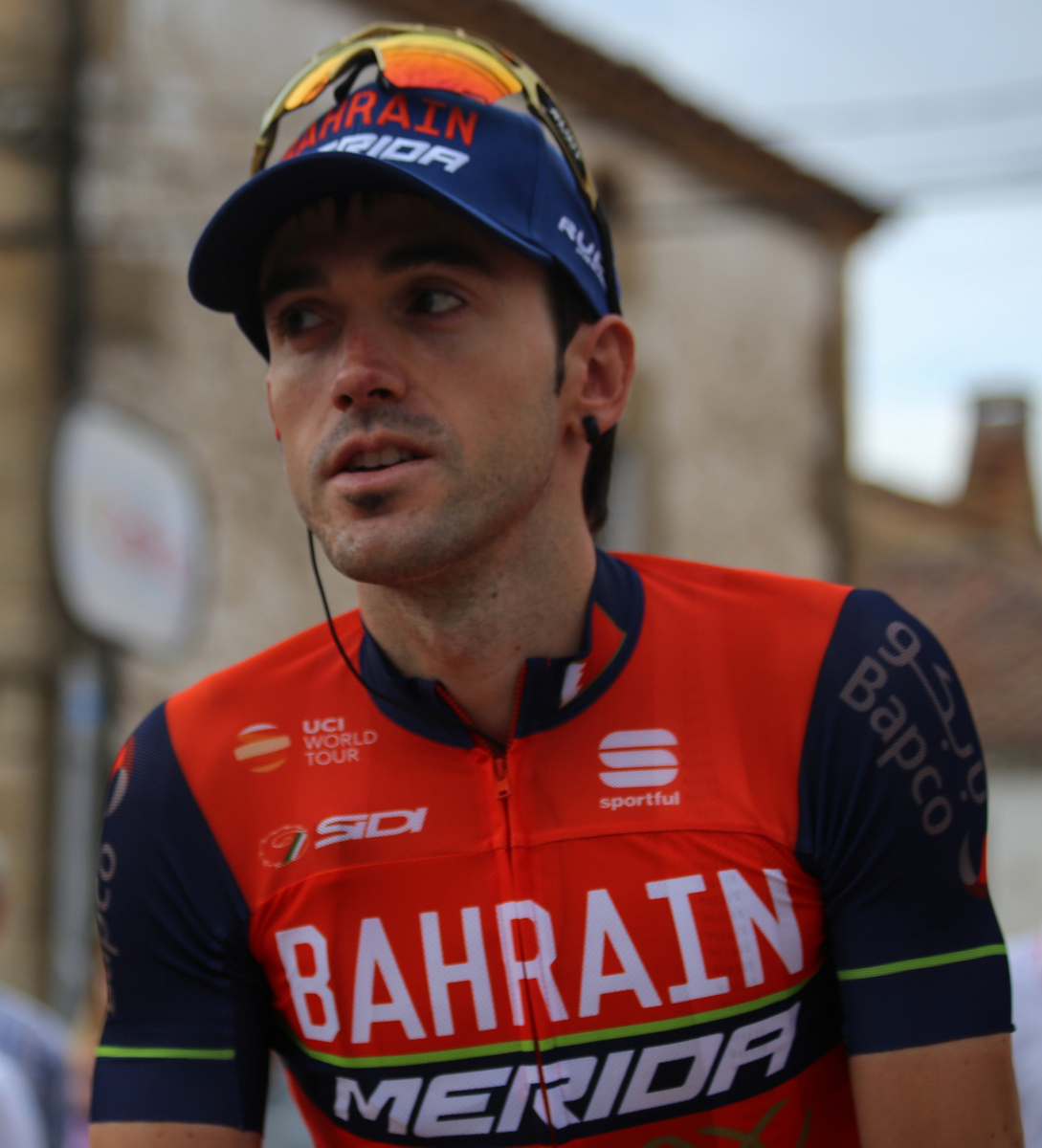
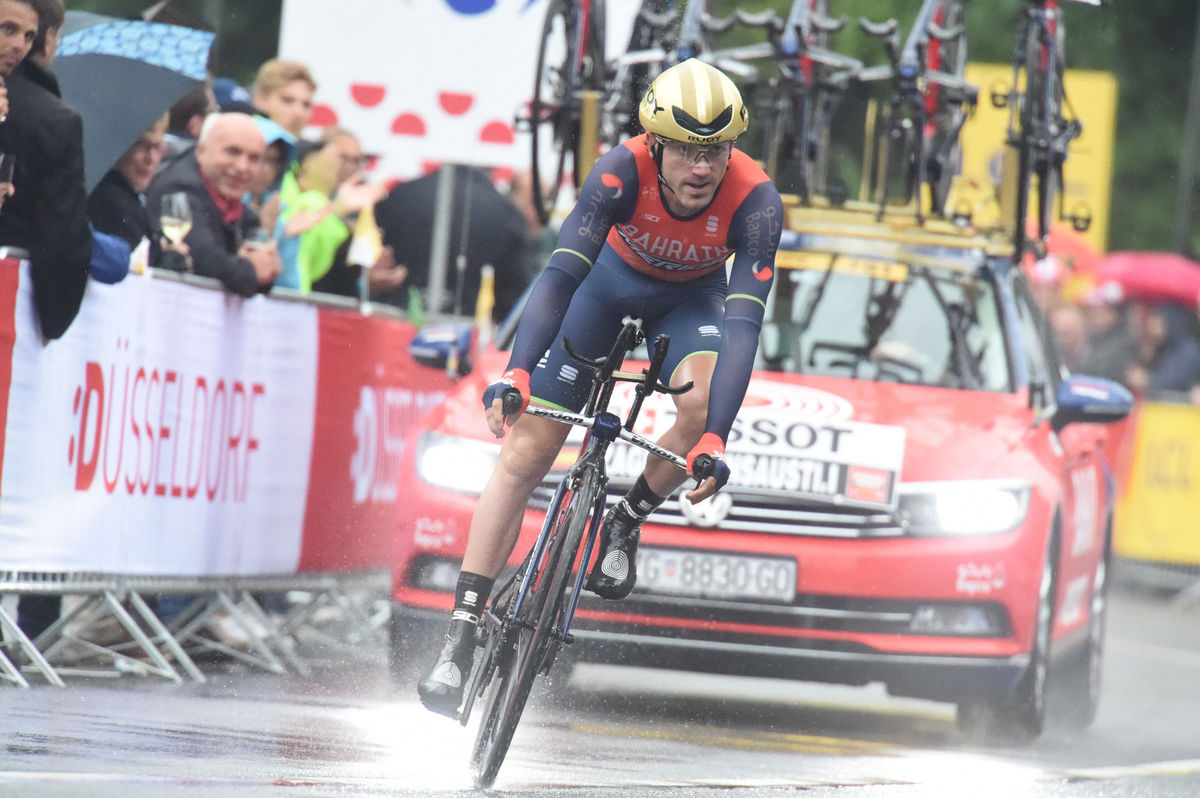
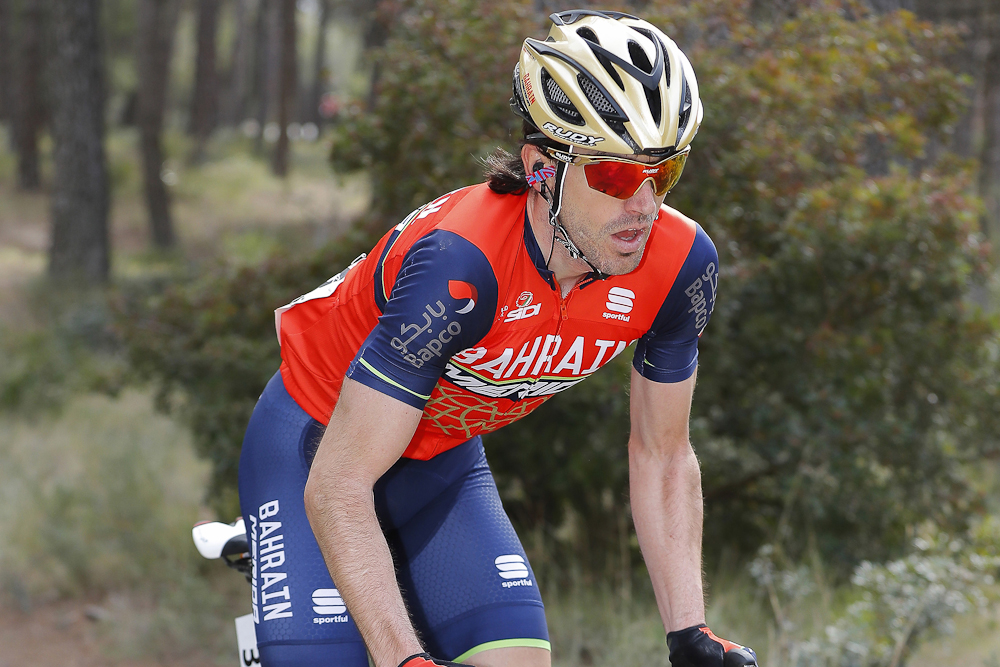
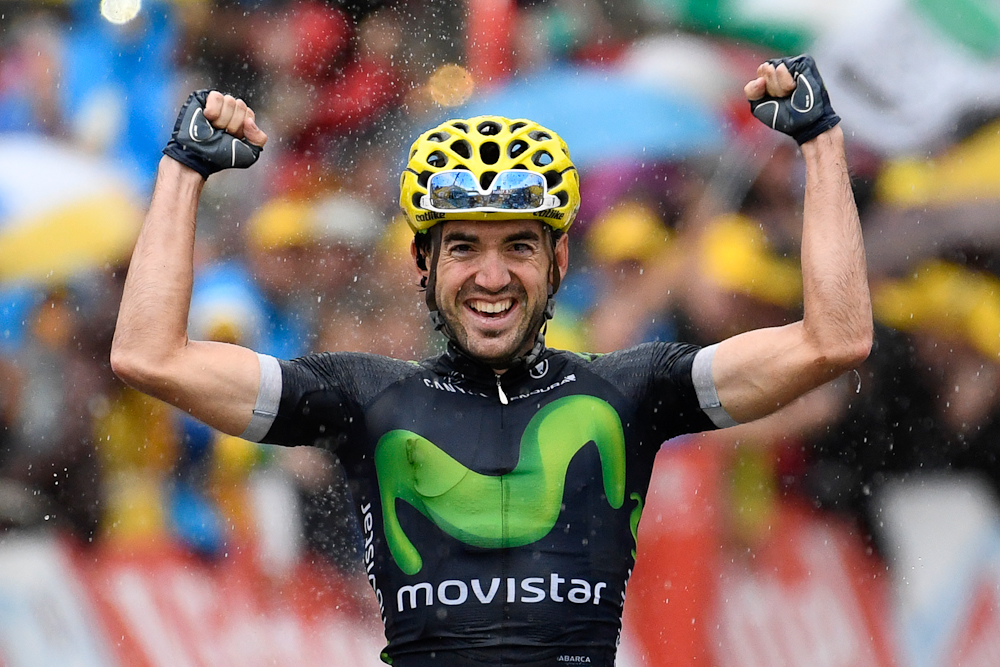
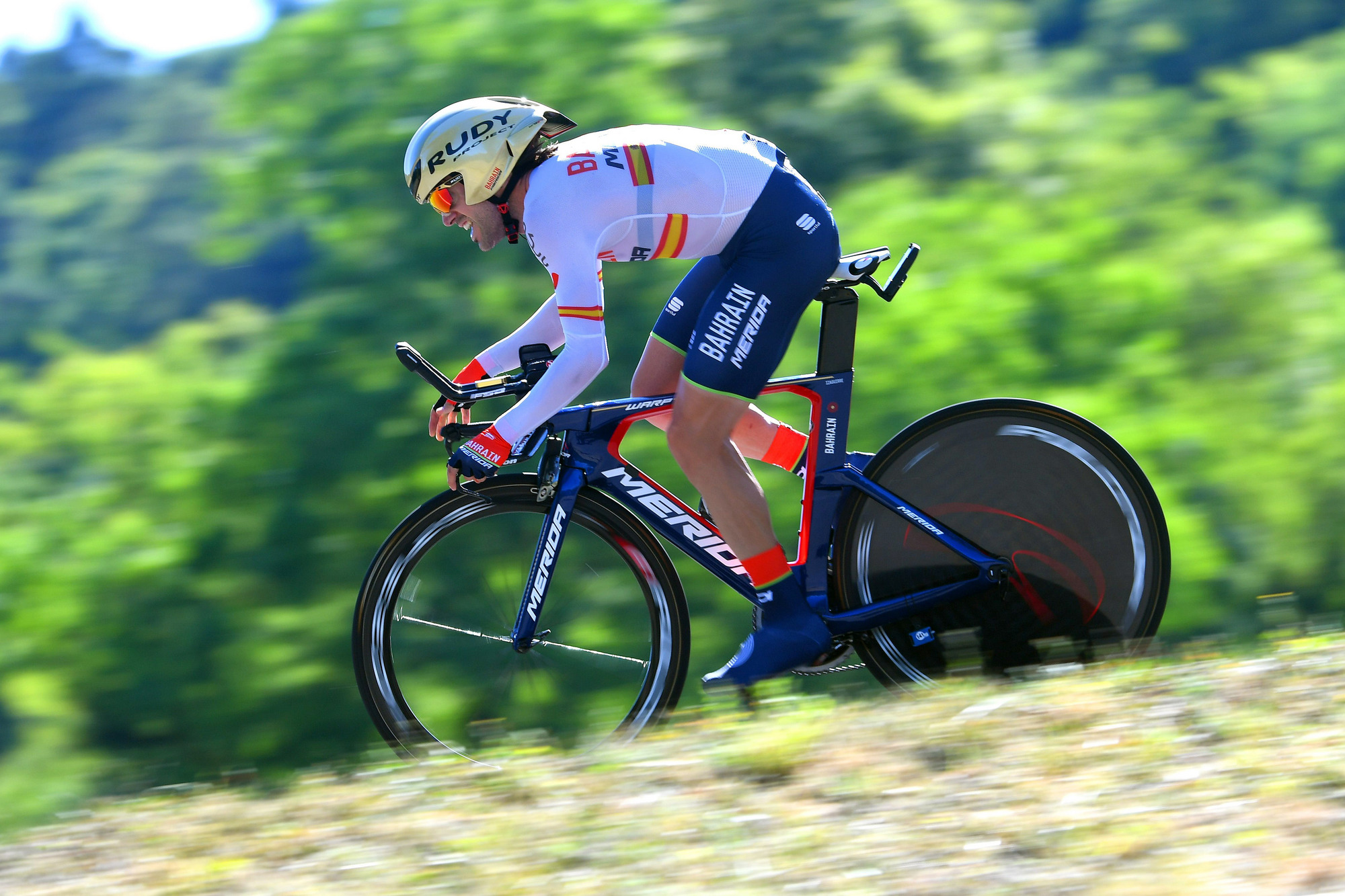
Ion Izagirre (Bahrain-Merida) says that he feels like a first-year professional as he heads into the 2018 season. Given the year that he has had, it's easy to understand.
"I feel like I've just signed my first pro contract, I'm that keen to get started," the Spaniard tells Cyclingnews.
Izagirre's Tour de France – and season – went up in smoke on the same corner of the opening time trial as the one that put paid to Alejandro Valverde's year, but with far less publicity than the Movistar rider. The bulk of the TV reports replayed Valverde's spectacular skid across the Dusseldorf tarmac and crash into the barriers time and again. However, Izagirre's crash, where he fractured a number of vertebrae in his lower back, ended up being almost eclipsed.
The damage to Izagirre's career was arguably greater. Valverde, having swept all before him in the spring, was at the Tour to act as 'Plan B' for Nairo Quintana. But Izagirre was making his Grand Tour debut for Bahrain-Merida after an impressively consistent series of near-misses. He finished seventh in Paris-Nice, third in Pais Vasco, fifth in Liege-Bastogne-Liege, fifth in Romandie, second on the toughest stage of the Tour de Suisse and third in the Spanish Road Nationals.
What was missing was a win of some kind, and Izagirre went into the Tour feeling that his form and status as a protected rider within the Bahrain-Merida line-up would work in his favour. Instead, he ended up in a hospital in Dusseldorf, his season over.
Fast forward nearly five months and Izagirre is back on track – finally. He will aim at hitting the ground early and running in 2018, starting in the Tour Down Under with a dense program of racing up to and including – subject to final discussions with the team next week at their training camp and the pinning down of Vincenzo Nibali's program – the Tour de France.
"The first three months consisted of rehabilitation work that included a lot of swimming, massages, strength exercises, and electro-stimulation. A bit of everything and even a bit faster than I or the doctors expected," Izagirre explained.
Get The Leadout Newsletter
The latest race content, interviews, features, reviews and expert buying guides, direct to your inbox!
"By the end of August I could start riding again. I'd do an hour or so on the bike, sometimes 90 minutes, and now I'm back up to training at full speed, doing the whole thing of speed work, endurance training and so on.
"So far, no unexpected pains or aches to report, which is great. So everything is going well."
Izagirre says he is roughly where he was in terms of form at the same point in the winter of 2016. "At any rate, comparing my data from this time last year, I'm not going worse."
The crash itself happened roughly 10 metres ahead of where Valverde fell, and he says it was caused by a combination of circumstances: the corner itself, the bad weather, the road surface 'perhaps not being the cleanest it could have been' and the speed with which he took the corner.
The diagnosis was thankfully quick and clear, but brutally frank. He would need an operation on his broken vertebrae, one of which was a worryingly unstable break, and his season was effectively over. It was also his most serious crash of his career.
"You're always hoping for a fast comeback. So when you hear those words and what they imply, when you realise you have no idea how quickly you can recover and if you'll be able to race at the level you've had before, when you think about the trust the team has placed in you to be able to race well and you think of all the hard work you've done to get to be in top form for the biggest race there is on the calendar, it's like the roof falls in on your world," he recalled.
"But I realised taking a 'why me?' attitude to it all would get me nowhere so I began to work as hard as I could to get back to the rider as I had been before. I knew I couldn't go too fast, because sometimes us pros try too hard to get to where we've been too soon.
"I did want to try and end the season on the bike with a race number, in the Tour of Guangxi, but the doctors said no, it would be too risky, so I decided to keep working for a full, solid recovery. And now I'm really dying to get back into racing. I've gone from what was almost the best form of my career to being in almost the worst situation possible, all in the space of a few seconds, and now, with all this hard work I've done, I want to get back to it all as soon as I can."
His first race, then, will be the Tour Down Under and then he will go onto Abu Dhabi, Paris-Nice, Vuelta al Pais Vasco, the Ardennes, and Romandie. "On paper, we've talked about doing this, and then going on to the Tour. It's a long way away, but we had a team meeting in October and that's what we discussed. We've got Nibali and [new signing Domenico] Pozzovivo for the Grand Tours as well."
The key question, of course, is how Izagirre's body responds to turning the pedal strokes inside a race scenario, rather than riding alone on the roads of the Basque Country over the last four months. "I'll have to see how I'm going. The Tour Down Under will be a big test and almost a debut to my career again, because I'll be seeing how I feel in a race, which is very different to training," he said.
However, so far, he has every reason to be optimistic – and that, compared with five months ago when he skidded into a crash barrier in Dusseldorf, is no mean achievement.
Alasdair Fotheringham has been reporting on cycling since 1991. He has covered every Tour de France since 1992 bar one, as well as numerous other bike races of all shapes and sizes, ranging from the Olympic Games in 2008 to the now sadly defunct Subida a Urkiola hill climb in Spain. As well as working for Cyclingnews, he has also written for The Independent, The Guardian, ProCycling, The Express and Reuters.
